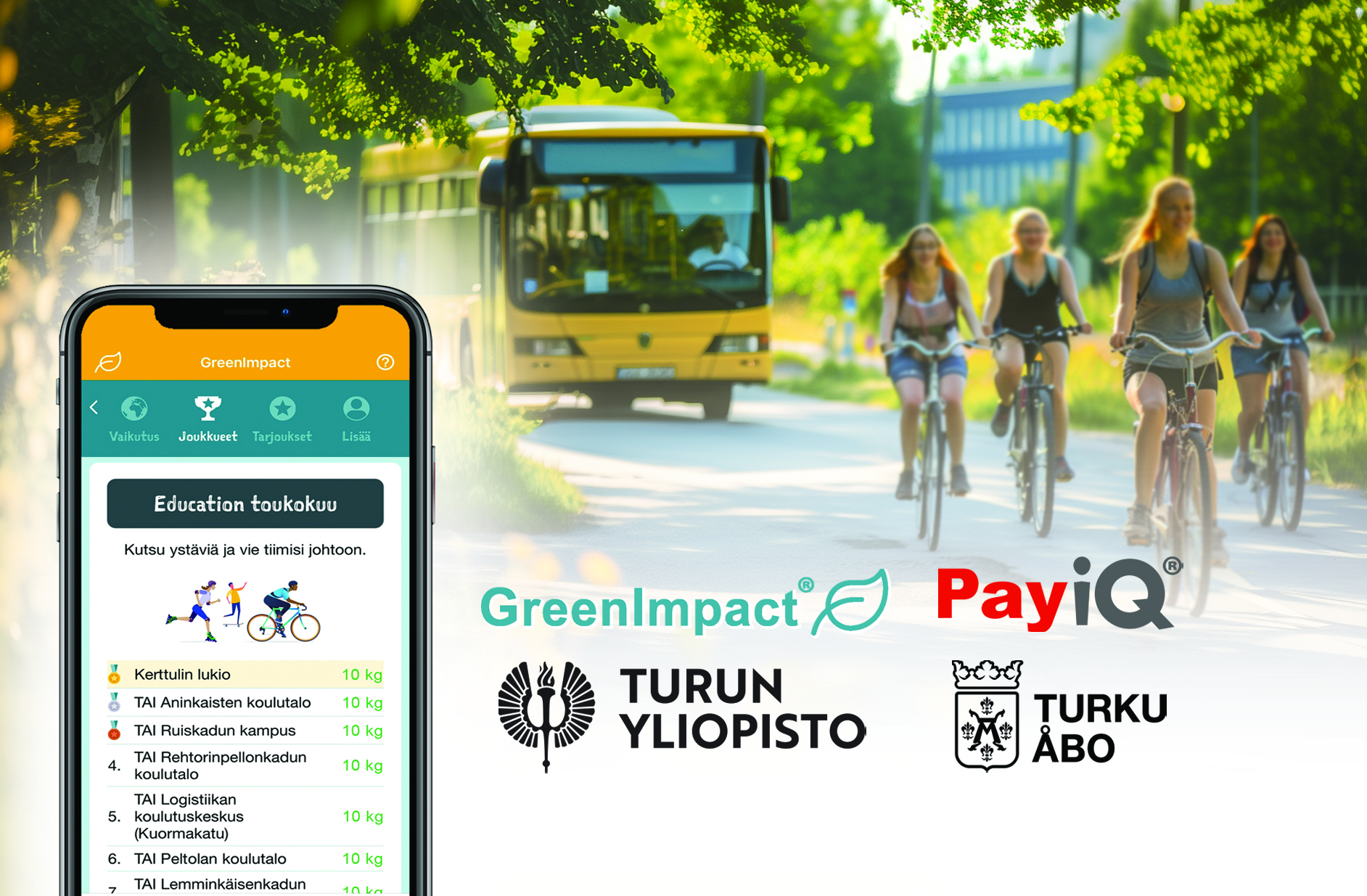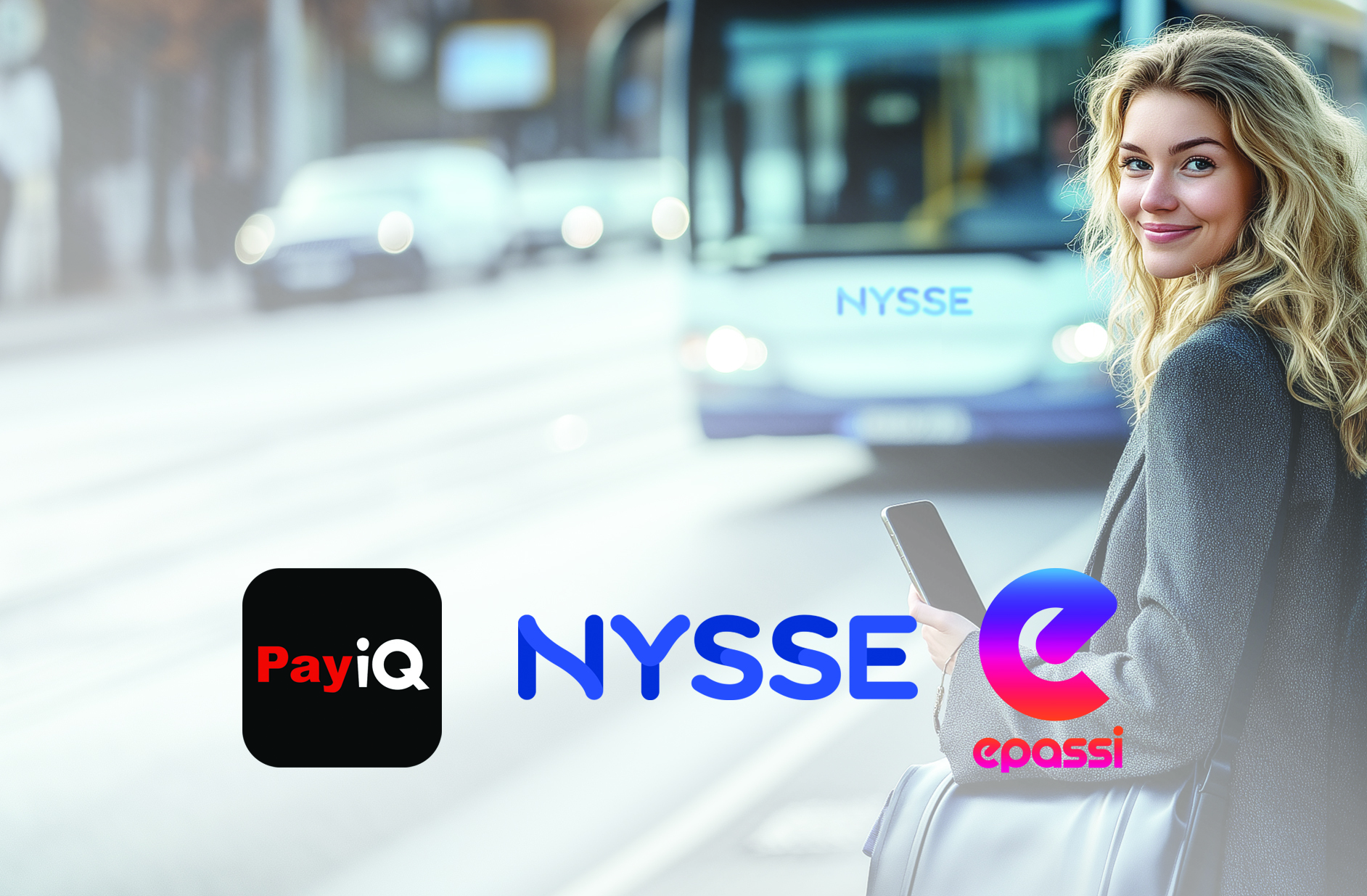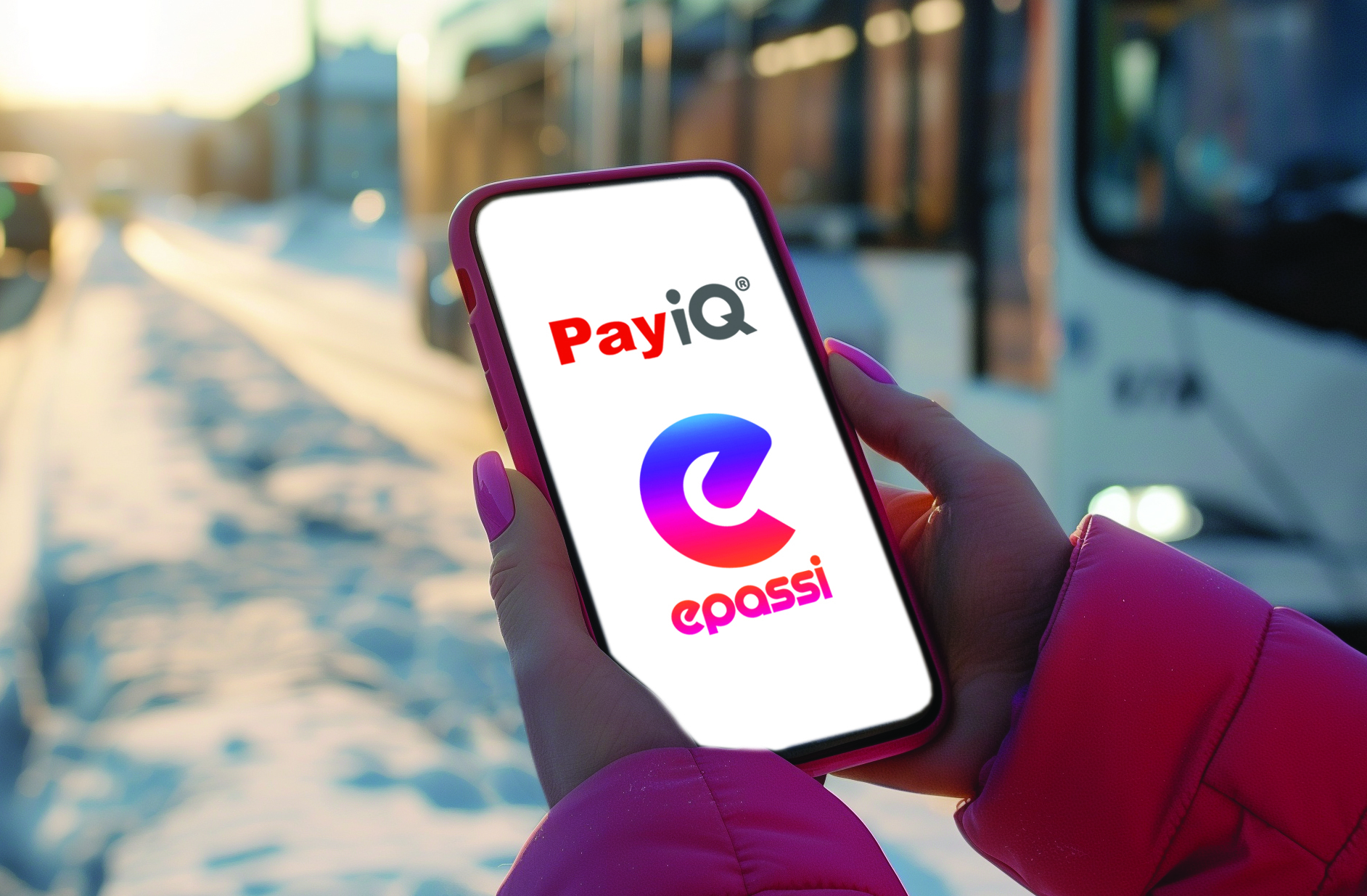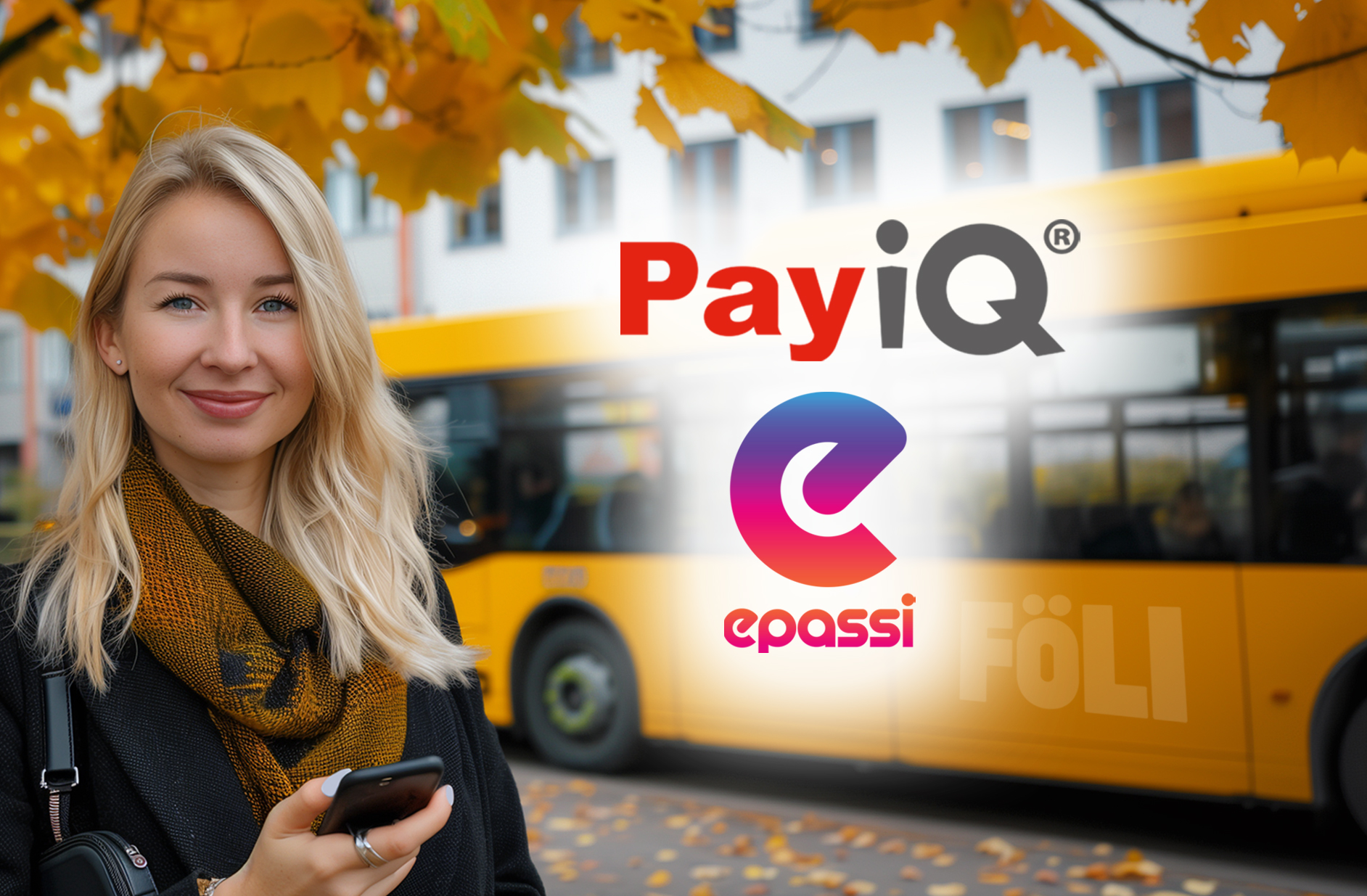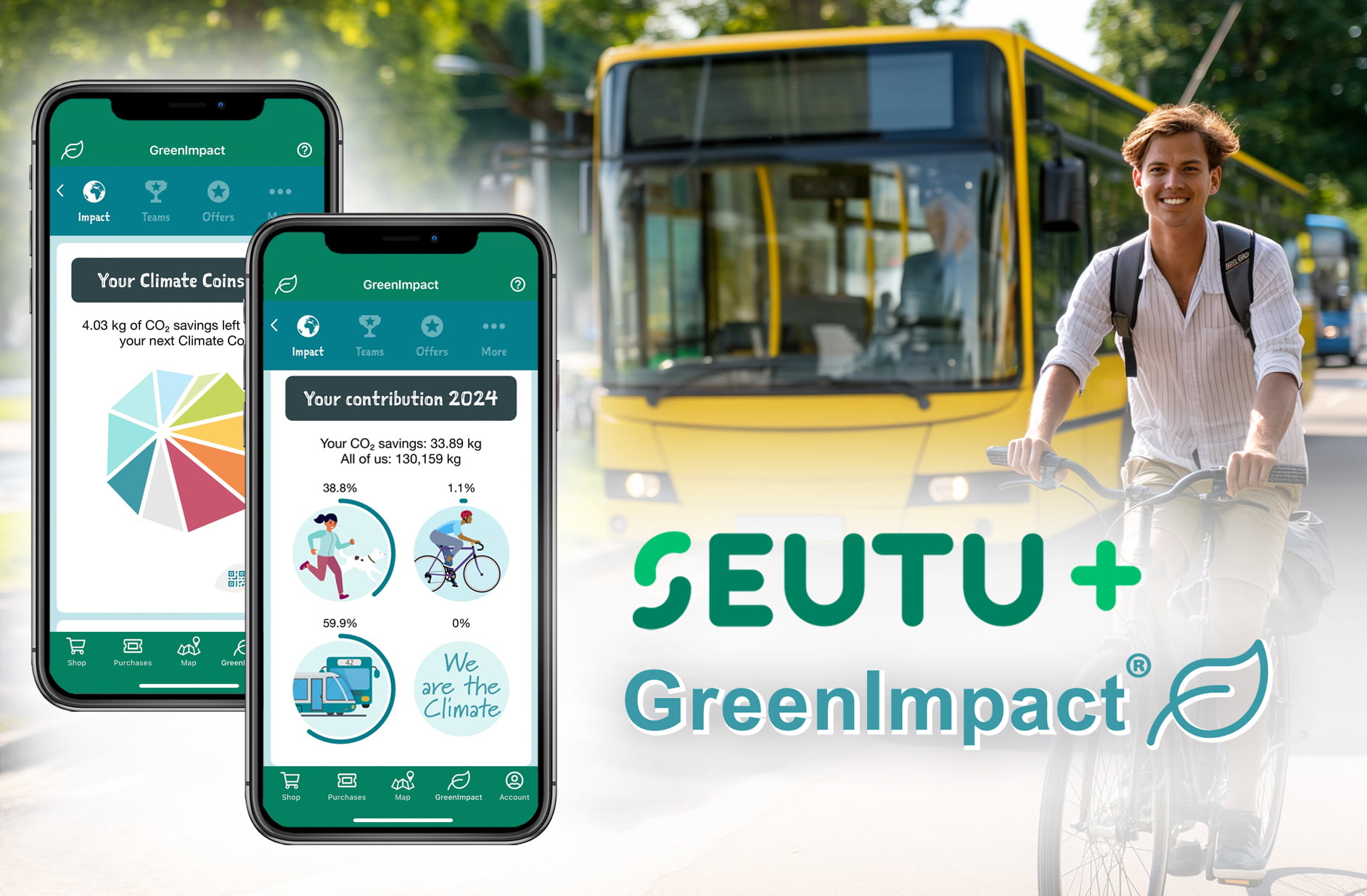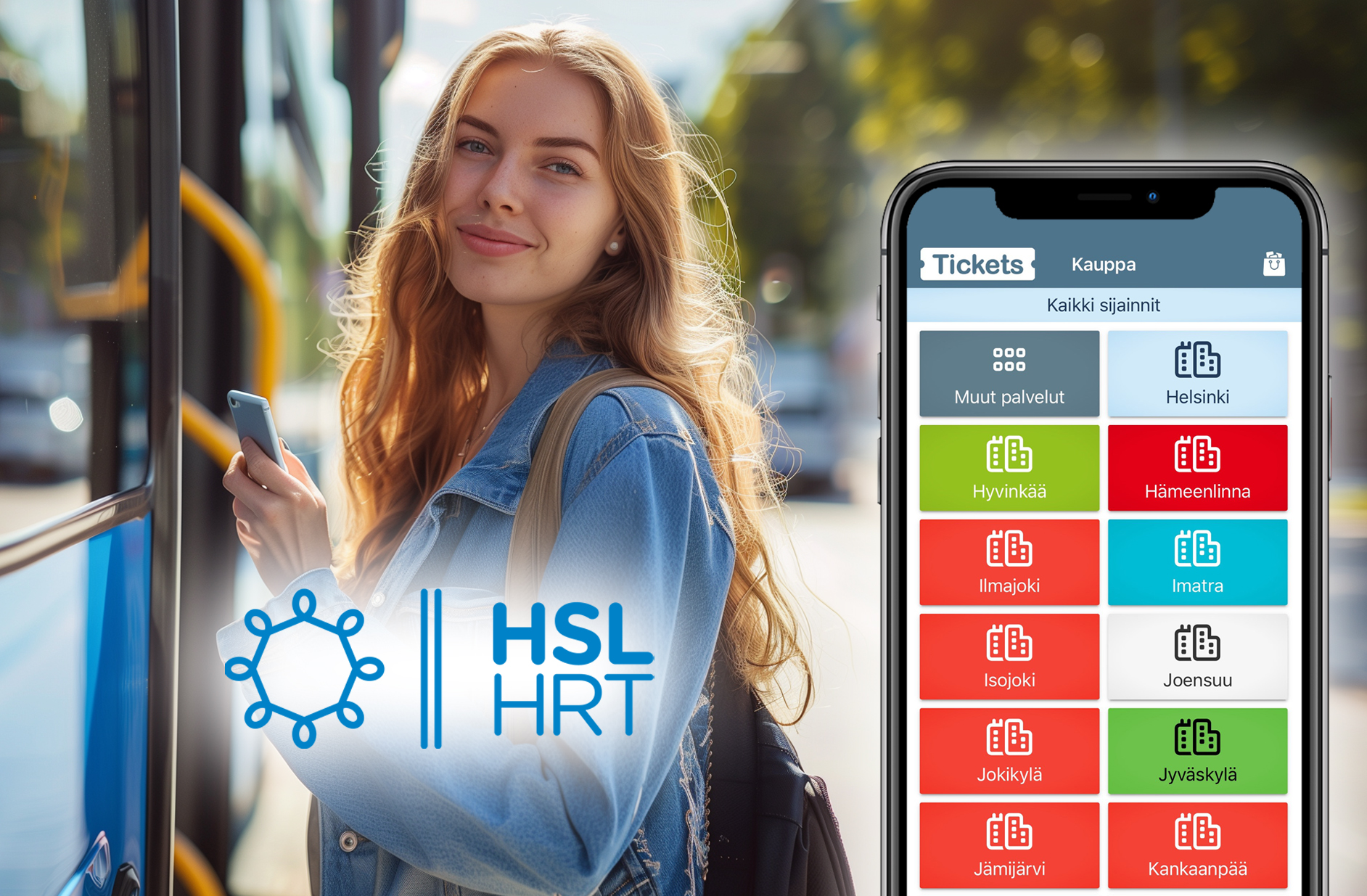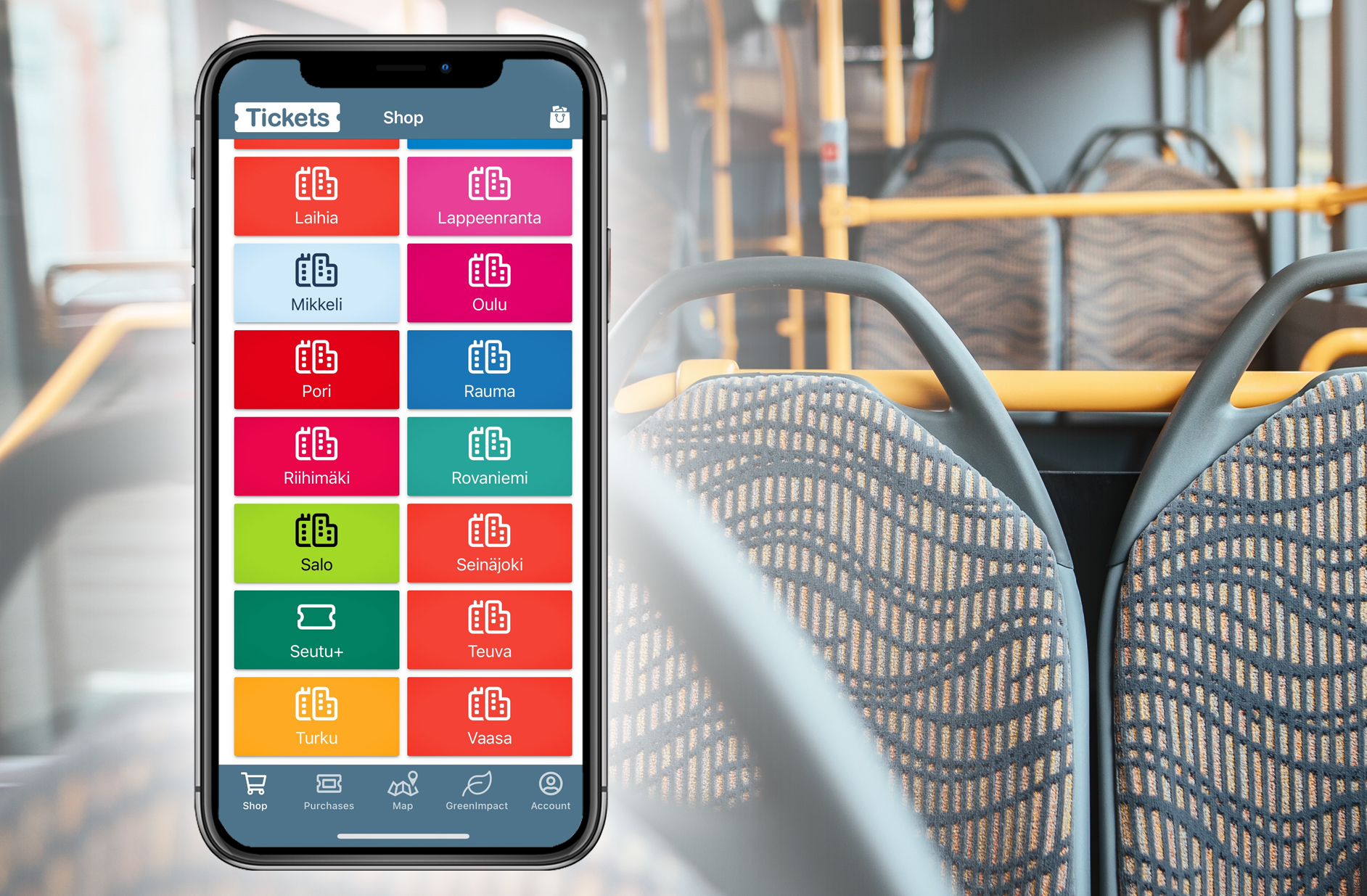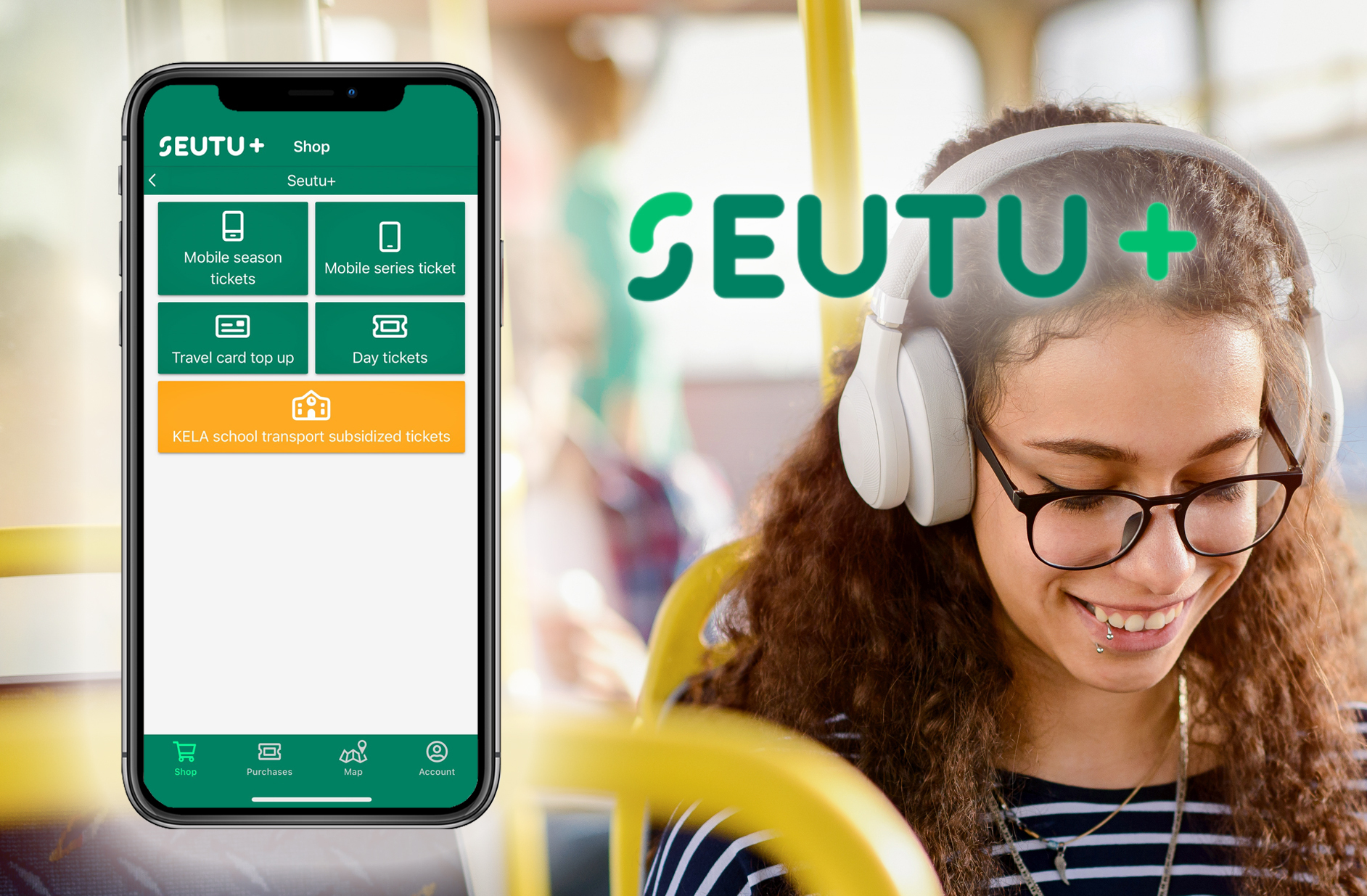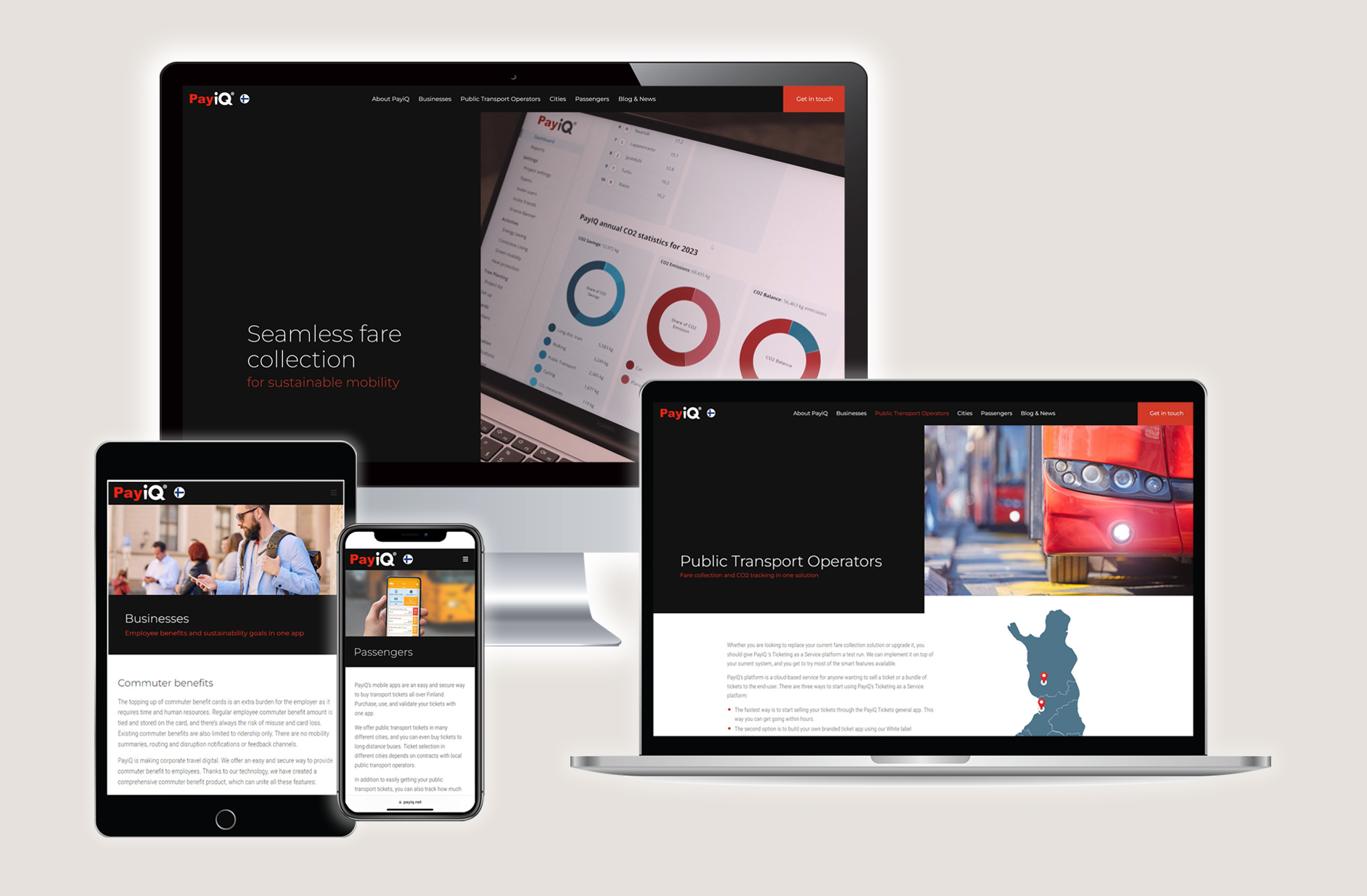As year 2020 changed the mobility business, perhaps permanently, PayiQ has made a major release of their Ticketing as a Service platform (TaaS®). The key focuses are on extensive ecosystem capabilities with ground-breaking Open Licensing Model, standards compliance and wide range of partner integrations.
PayiQ has released a major milestone release making its TaaS platform even more versatile and extensible. The updated solution is more compliant with various standards and integrations. The platform has been upgraded to run on a more standardized, highly scalable enterprise Linux in the Microsoft Azure cloud. The high-end SUSE Linux was selected as the core operating system and the companies established a close worldwide partnership for both technology and business.
“Our partnership with PayiQ is a great example of how close collaboration brings benefit to both parties and what we in SUSE like to call The Power of Many. As an Open source leader, we are constantly looking to build these collaborative organizational networks to provide real world solutions to pressing problems. We are proud to provide the platform to PayiQ’s world-leading mobile ticketing solution and look forward to many more years working together” says Jeff Kirkpatrick, Channel Director for EMEA North and South at SUSE.
To help build lucrative collaborations, PayiQ has established a new Open Licensing Model. This OLM contains perpetual Source Code License of the mobile applications for iOS and Android platforms. It allows PayiQ’s partners to rapidly create custom applications (“White Label”) to their customers with multilingual user interfaces and branded user experience. The fully GDPR compliant solution comes with extensive support and maintenance program to ensure the continuity of long-term successful business.
“2020 was a challenging year for public transport, as it was for many other industries. As some development areas had to be put on hold we focused on making our platform more open, standardized, compatible and ready for wider international markets. All these changes are supporting our efforts to build a globally strong ecosystem of cross-industry vendors, research centers and mobility operators to better solve the challenges of the changed post-covid urban environment. Partnership with SUSE is one of the key milestones for us in our new open ecosystem strategy” says Tuomo Parjanen, PayiQ’s CEO.
Impacts of the EU Regulations
European Union has drawn up directives that aim to make the usage of mobile services more secure and easy for everyone. PayiQ has been paying close attention to these directives and is making sure the TaaS platform and mobile apps comply. Payment Services Directive came to full effect at the end of 2020 with the requirement to implement Strong Customer Authentication. PayiQ offerings are fully compliant with this requirement. Another important EU directive is the Web Accessibility Directive, which strives to ensure that everyone, including people with disabilities, has the possibility to perceive, understand, navigate and interact with the Internet and mobile applications. PayiQ has made significant improvements in the user experience of their apps, especially with screen readers for the visually impaired.
Some Feature Highlights
PayiQ has added a lot of smooth features that benefit end-users financially, and diversify the usage of the mobile apps:
- Faster Payments System. Support for the rapidly evolving new payment method for the Russian markets which allows passengers to pay for public transport with the most inexpensive payment method available. This fully integrated new form of payment fosters the evolving new role of the banking sector.
- Best price ticket. This ticket calculates the cheapest price for end-users depending on how much they travel.
- Sharing tickets to other users. For exmaple parents can by bus tickets to their children and send them to the children’s phones.
- PayiQ Travel Card backend. In addition to integrations with existing travel card systems, TaaS platform now offers a new generic solution for partners and customers to create custom travel cards in a blitz.
- Web interface for end-users. Users can login to their account through any web browser and purchase tickets online without having to install any apps.


